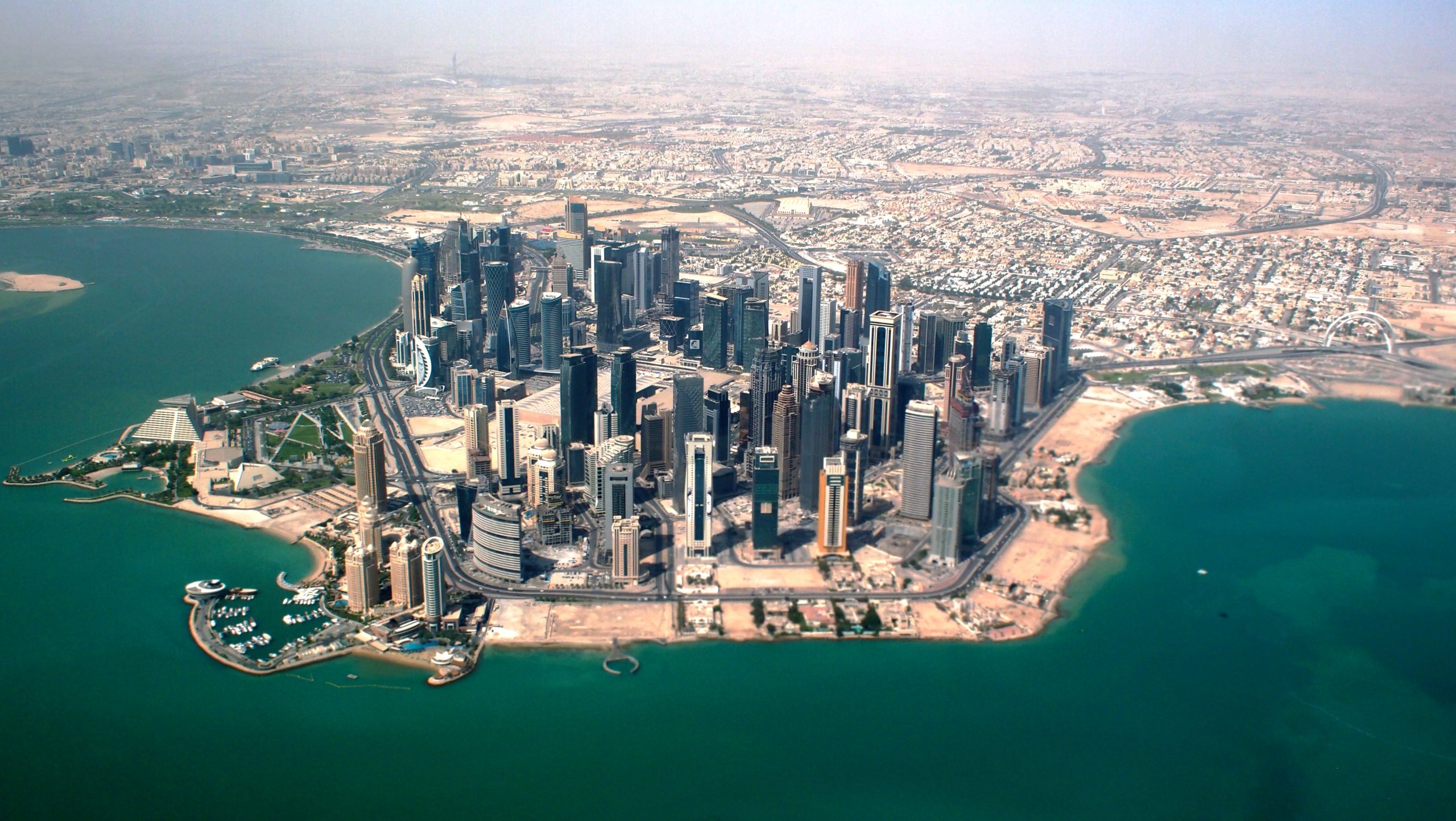The new report predicts steady GDP Growth, low unemployment, and increased trade balance projected for Qatar despite challenges.
According to the latest data from FocusEconomics, a prominent market research firm, Qatar’s GDP per capita is on track for steady growth, with a projected increase from $84,261 in 2023 to a promising $112,353 by 2027.
The report predicts intermediate hikes to $87,241 in 2024, $95,159 in 2025 and $102,868 in 2026.
This year’s overall GDP for the country is forecasted at $221 billion, anticipated to rise steadily to $226 billion in 2024, $244 billion in 2025, $261 billion in 2026 and finally reaching $282 billion in 2027.
In line with the projected GDP growth, the report also outlines Qatar’s GDP growth rate, predicted at 2.4% for 2023 and 2024, before increasing to 4.8% in 2025, 4.4% in 2026, and 4.3% in 2027.
Concerning trade, the nation’s merchandise trade balance is forecasted to stand at $73.7 billion in 2023, fluctuating slightly in subsequent years before climbing to $80.2 billion in 2027.
Similarly, the current account balance is predicted to hover around $35 to $37 billion in the same time period.
The report also gave projections for Qatar’s fiscal and public debt balances. The fiscal balance as a percentage of the GDP is estimated to rise from 6.5% in 2023 to 7.1% in 2027. Meanwhile, public debt as a percentage of the GDP is predicted to decrease from 45.3% in 2023 to 38% by 2027.
Unemployment in Qatar is expected to remain low, with estimates resting at a minimal 0.2% until 2027.
The first half of this year saw a solid expansion in the non-oil private sector, aided significantly by a booming tourism industry. Visitor arrivals soared over 300% in annual terms from January to May, surpassing even pre-pandemic levels.
This upturn has been partially offset by higher interest rates and the end of the World Cup building boom, which has put a strain on the construction sector.
In recent developments, Qatar inked a long-term gas supply deal with a state-controlled Chinese company in June. This follows a similar agreement with another Chinese state firm last November and a supply contract with Bangladesh in early June.
Such deals bode well for long-term energy exports, with further contracts with Asian and European nations likely to be announced in the coming months, FocusEconomics noted.
The research firm anticipates GDP growth to slow slightly this year due to a weaker construction sector and tighter monetary policy.
However, the impact is expected to be cushioned by improved relations with Arab neighbours, a sustained boost in tourism from the World Cup and ongoing investment in the energy sector.
The Qatar Central Bank’s decision to raise interest rates from 6.00% to 6.25% in late July, following the Federal Reserve’s similar hike, could also impact the economy. Despite this, FocusEconomics’ panelists predict average inflation to moderate this year due to tighter monetary policy, the end of the World Cup demand surge and lower commodity prices.
Overall, despite potential challenges, FocusEconomics paints an optimistic picture for the Qatari economy over the next few years, with stable growth across several sectors expected to continue.







